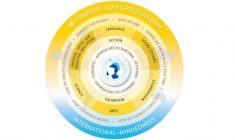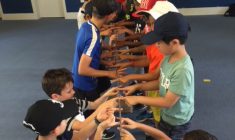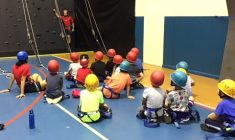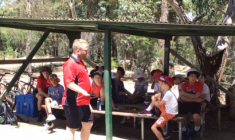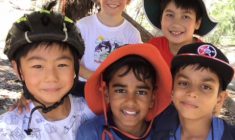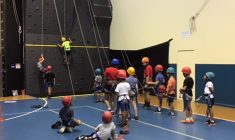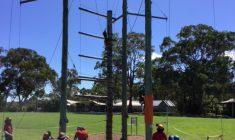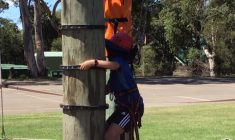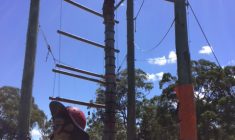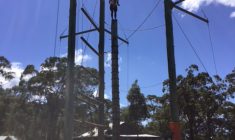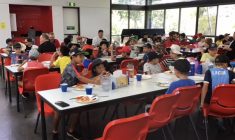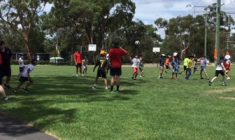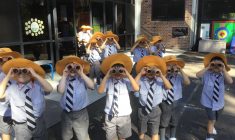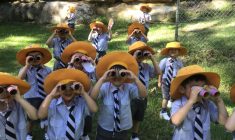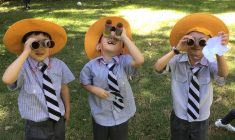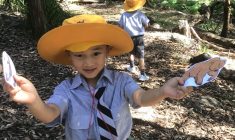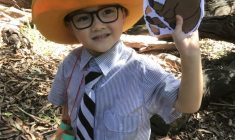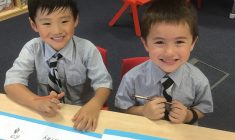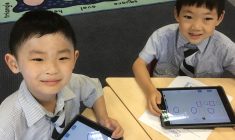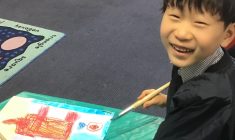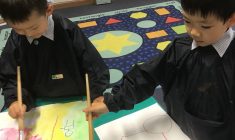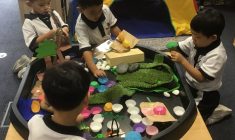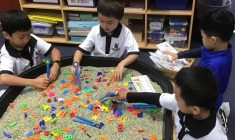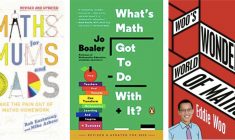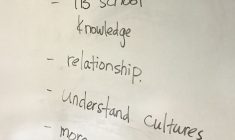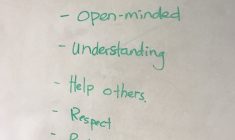A Message from the Head of Lindfield
Developing Resilience
Over the last couple of weeks, I have been fortunate enough to witness our boys in different environments; camps, sporting events, classrooms and in the playground.
I am writing and reading for this article whilst attending the Stage 3 camp in Canberra. There are boys here who have, at different times, been excited to be away from home and their routines, homesick and wanting to speak to Mum, and curious about all the different places and experiences that have been part of this trip. Each boy has responded in their own unique way to the activities and new environments experienced over the last two days. Each boy has shown resilience in certain instances – and at times for each boy, this resilience may have faltered. It started me thinking about the idea of resilience and our boys.
In an interesting New Yorker article on this concept Maria Konnikova wrote “Resilience presents a challenge for psychologists, whether you can be said to have it or not largely depends not on any particular psychological test but on the way your life unfolds. If you are lucky enough to never experience any sort of adversity, we won’t know how resilient you are. It’s only when you’re faced with obstacles, stress, and other environmental threats that resilience, or lack of it, emerges: Do you succumb or do you surmount?”
Conversations about developing resilience often focus on protective factors – the elements that allow a person to thrive in spite of negative circumstances. Protective factors fall into two categories – internal/psychological and external/environmental. In a study in Hawaii, developmental psychologist Emmy Werner followed 698 children from before birth into adulthood. By gathering data on the lives of the children identified as resilient, Werner was able to pinpoint influential factors. The most important external factor was a strong bond with a supportive caregiver, parent, teacher or other mentor figure. At Lindfield, we work hard to try to connect with our students and make them feel valued and very much an important member of our school community.
The study also found which internal psychological factors were significant.
The children identified as being resilient:
– were autonomous and independent
– sought out new experiences
– had a positive social orientation
– though not especially gifted, they used whatever skills they had effectively
– had an internal locus of control – they believed that they, not fate, or the wider world, affected their achievements, that they were the masters of their own destinies.
Resilience wasn’t a fixed entity, Werner found. This is what I observed over the last couple of days. The boys have shown different levels of resilience in different contexts and at different times during the camp. The research also pointed to the idea that resilience can be learned or can develop over time.
How can we teach our boys (and ourselves) to be more resilient?
In her article, Konnikova, talks about George Bonanno, a clinical psychologist at Columbia University, who has researched this question.
Perception of an event is seen as a key determinant of your resilience – Do you see an event as traumatic or as an opportunity to learn and grow? “Events are not traumatic until we experience them as traumatic,” says Bonanno. Rather than calling an event traumatic, he believes it’s more accurate to call it a potentially traumatic event. Losing one’s job could be seen as calamitous or it might be seen as an opportunity to re-evaluate what one wants to do with their career. Going on camp for the first time might be seen as terrible because you became homesick, or it could be seen as an important step in becoming independent and moving towards adulthood.
In other words, the long-term impact of traumatic events is not in the events themselves but in how people process them. Resilience is a set of skills that can be taught. People can be taught the cognitive skills of regulating their emotional response, and the new mindset lasts over time. It’s also possible for a person to move in the opposite direction. “We can become less resilient, or less likely to be resilient,” says Bonanno. “We can create or exaggerate stressors very easily in our own minds. That’s the danger of the human condition.” We can worry and ruminate, blow up a minor event into an obsession, and drive ourselves crazy. It’s all in how we frame things.
This is the key point for parents. It is vital that we consistently reframe the catastrophising that happens from time to time, especially with adolescents, as opportunities to learn and grow. Sometimes as parents, in our bid to be sympathetic and to smooth things out when things don’t turn out how our kids were hoping, we inadvertently validate and reinforce a lack of resilience. If we join our children in describing difficult situations as traumatic, unfair, someone else’s fault (the world is happening to them and they have no control) then we are not encouraging them to see challenges as opportunities for growth.
I recently used this strategy with one of my own children who was desperate to make a particular division in his sport. He had his heart set on it and felt he trialed very well. The teams were announced and he was not where he had hoped. Rather than dwelling on his disappointment about how things worked out we had a discussion about the great players that were in his team, what he could work on to improve his skills and how he could continue to get better at the game. After our chat, he felt positive and has since been attending extra training sessions of his own accord. He enjoys his team mates and has actually moved to a higher division as a result of his hard work.
Resilience is a learnable trait and with practice and good modelling our boys can develop into more resilient and resolute young men.
“How People Learn to Become Resilient” by Maria Konnikova in The New Yorker, February 11, 2016, http://www.newyorker.com/science/maria-konnikova/the-secret-formula-for-resilience
Ben Barrington-Higgs




